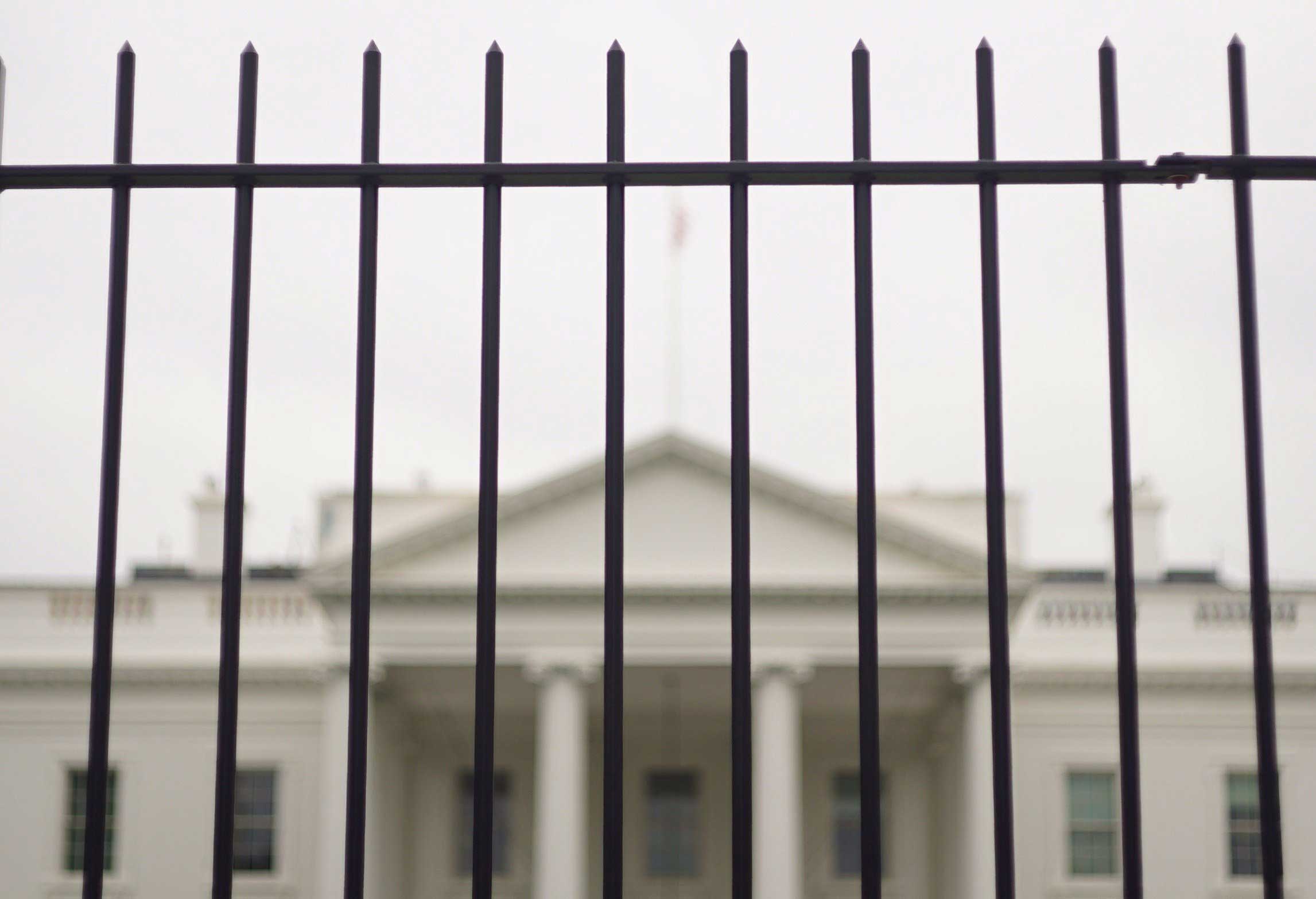
An independent review into the practices of the U.S. Secret Service following several high-profile security breaches this year faults the agency for failing to maintain high training and accountability standards.
The executive summary of the classified report details recommendations for the beleaguered agency, which allowed a mentally disturbed man armed with a knife to enter the Executive Mansion, but also notes broad shortcomings to its readiness and training capabilities. On a practical level, it called for raising the fence surrounding the White House immediately following the security breach.
“We recognize all of the competing considerations that may go into questions regarding the fence, but believe that protection of the President and the White House must be the higher priority,” the report states. “As the Executive Branch, Congress, and the Service itself have all recognized, the fence must be addressed immediately.”
The report suggests that raising the fence at least “four or five feet would be materially helpful,” adding that it should be redesigned to eliminate horizontal bars and to potentially curve outward at the top to deter would-be fence-climbers and to give officers more time to respond to a would-be threat. The fence should be replaced around the entire 18-acre complex, not just along Pennsylvania Avenue, where most of the incidents have occurred, the report states.
Prepared by two former Justice Department officials and two former White House aides at the request of Homeland Security Secretary Jeh Johnson, the report faults the department for failing to maintain adequate training standards. The Presidential Protective Division’s so-called “fourth shift,” which is supposed to allow the specialized agents charged with protecting the president to spend two weeks of every eight in training, has “diminished far below acceptable levels,” along with training for the agency’s Uniformed Division, which protects the White House complex. According to the report, apart from basic firearms and career training, the average agent received just 42 hours of training in fiscal year 2013, while the average uniformed division officer received under 25 minutes of training in the entire year.
“The panel’s recommendations are astute, thorough and fair,” Johnson said in a statement, saying Acting Director Joe Clancy has already implemented some of the recommendations.
The report details staffing shortfalls at the White House, where agents and officers have been assigned long duty tours and extended overtime shifts. “Rather than invest in systems to manage the organization more effectively and accurately predict its needs, the Service simply adds more overtime for existing personnel,” the report states, saying the two divisions are “stretched beyond their limits.” “Rather than sending its agents and officers to training, it keeps them at their posts.”
The panel calls on Congress and the Executive Branch to free up money to immediately hire 85 special agents and 200 Uniformed Division officers to allow for more time to be devoted to training, with a further review to determine whether any more are needed.
The report calls on the next director to come from outside the Secret Service, a shift that it says is needed to inject new leadership to address a culture of unaccountability. “The next director of the Secret Service should be a strong leader from outside the agency who has a protective, law enforcement, or military background and who can drive cultural change in the organization and move the Secret Service forward into a new era: The need to change, reinvigorate, and question long-held assumptions-from within the agency itself-is too critical now for the next director to be an insider,” the report states.
The new director must “must build a new budget from the ground up by defining its mission, determining what it will take to achieve it, and asking for that,” rather than working off what it believes it can get through the budget process. The panel says new steps must be taken to ensure that agency leadership and managers are open to suggestions and criticism of department practices by agents and officers in the field, and to ensure that the Secret Services’ disciplinary processes are followed and enforced in a fair and consistent fashion.
More Must-Reads From TIME
- The 100 Most Influential People of 2024
- The Revolution of Yulia Navalnaya
- 6 Compliments That Land Every Time
- What's the Deal With the Bitcoin Halving?
- If You're Dating Right Now , You're Brave: Column
- The AI That Could Heal a Divided Internet
- Fallout Is a Brilliant Model for the Future of Video Game Adaptations
- Want Weekly Recs on What to Watch, Read, and More? Sign Up for Worth Your Time
Contact us at letters@time.com